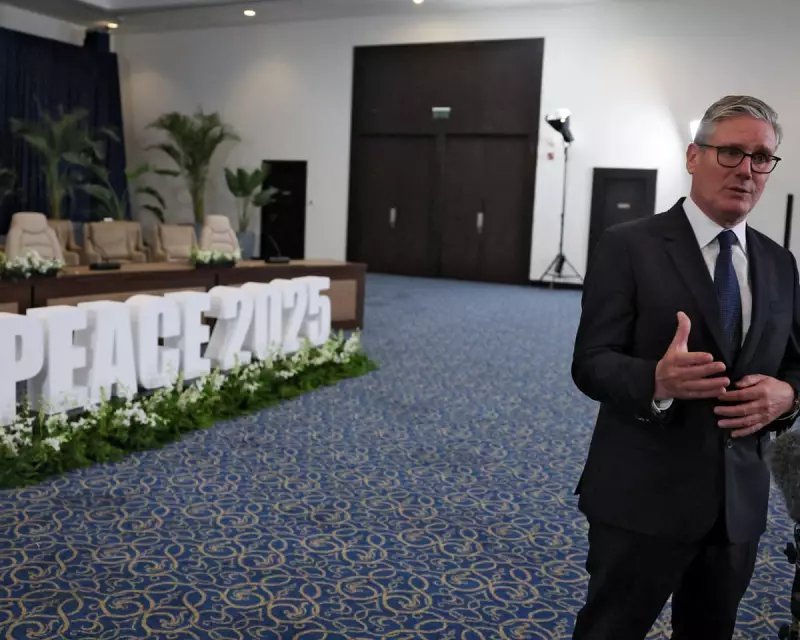
In a dramatic move that signals a significant shift in Britain's foreign policy approach, Prime Minister Keir Starmer has unveiled comprehensive national security reforms directly targeting what he described as "systematic challenges" posed by Chinese espionage activities.
Security Overhaul Amid Growing Threats
The Prime Minister's announcement comes amidst escalating concerns about foreign interference, with Starmer emphasising that the UK must "adapt to new realities" in global security. The reforms include:
- Enhanced monitoring of foreign investment in critical infrastructure
- Tighter restrictions on academic and research collaborations
- Strengthened cybersecurity protocols across government departments
- New transparency requirements for political donations
Political Pressure Mounts on Multiple Fronts
While addressing national security concerns, Starmer faces mounting pressure over the government's position on Gaza, with backbench Labour MPs expressing dissatisfaction with the current approach. The Prime Minister finds himself walking a diplomatic tightrope as he attempts to balance international relationships with domestic political realities.
Meanwhile, Reform UK leader Nigel Farage has launched fresh criticism of the government's direction, positioning himself as the voice of opposition to Starmer's agenda. Political analysts suggest this marks the beginning of a new era of political realignment in Westminster.
Economic and Diplomatic Implications
The security reforms are expected to have significant economic consequences, particularly for UK-China trade relationships. Business leaders have expressed cautious concern about potential impacts on investment and market access, while security experts have largely welcomed the tougher stance.
The government's approach represents a delicate balancing act between protecting national interests and maintaining crucial international partnerships. As one Whitehall insider noted, "This isn't about closing doors, but about ensuring we know who's walking through them."
With Parliament returning and political tensions rising, Starmer's leadership faces its first major test in navigating these complex interlocking challenges that span security, diplomacy, and domestic politics.





